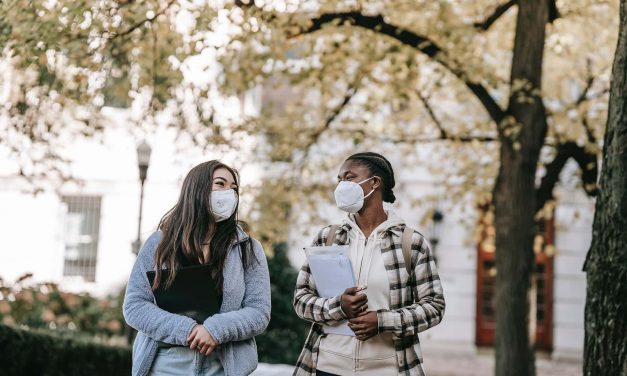Feeling Undervalued: 50 percent of Wisconsin’s working women are considering leaving their jobs
Half of Wisconsin’s working women are considering quitting their current jobs, according to new research released on December 9 by Milwaukee-based Kane Communications Group. The number of dissatisfied working women in Wisconsin is at 60 percent for those working in retail, food service and hospitality industries, the research indicates. This is a contrast from McKinsey & Company’s national 2021 Women in the Workplace report that found 40 percent of working women are considering leaving their jobs. Kimberly Kane, president and CEO of Kane Communications Group, said the Wisconsin findings show employers in the state have a lot of work...
Read More
















